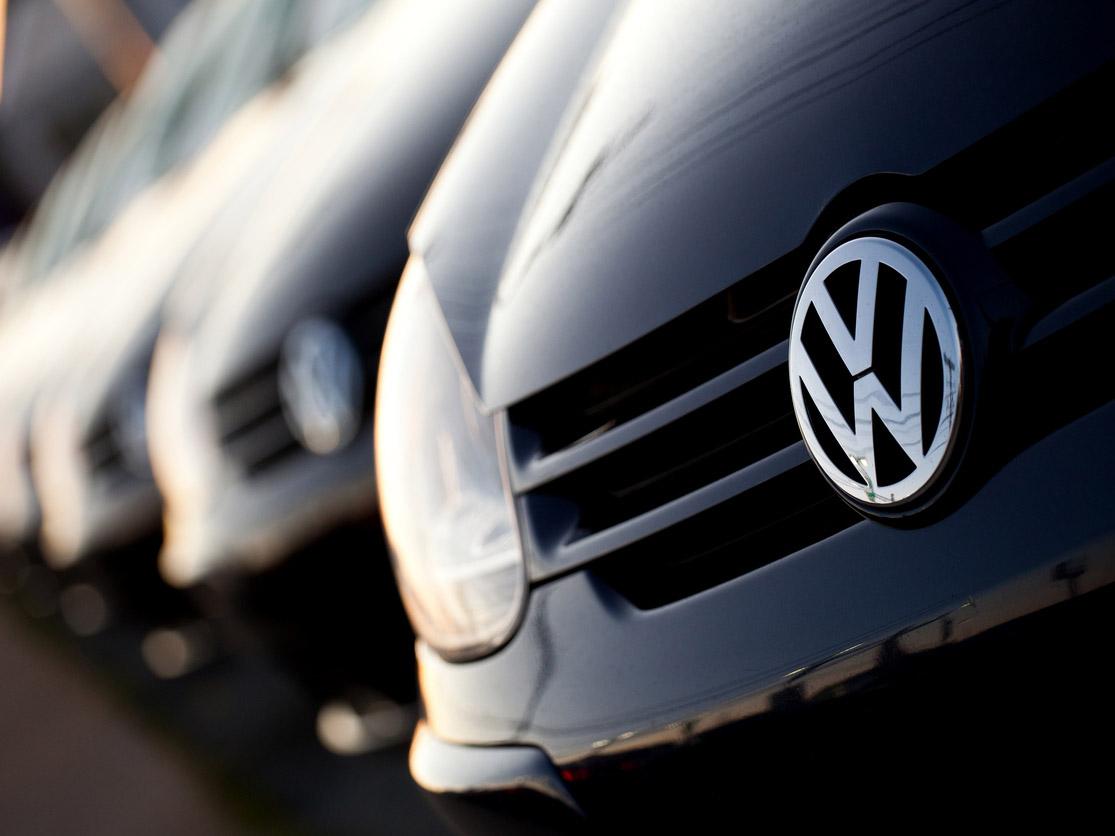Volkswagen and Seat accused of ignoring 'potentially lethal' seatbelt fault
Which? claims that the company is still selling models with the known fault

Volkswagen and Seat have been accused by consumer group Which? of selling thousands of vehicles with a “potentially lethal” rear seatbelt fault.
In May, independent tests by Finnish magazine Tekniikan Maailma found that when all three rear seat belts were in use and an affected car was driven at speed, that the back-left seat belt could come undone, leaving a passenger at risk of injury.
After confirming the fault, Volkswagen Group recalled around 12,000 VW Polo cars manufactured in 2018 and thousands more Seat Ibizas and Seat Aronas built in 2018.
Despite the recall, the issue remains unfixed and Volkswagen Group has since confirmed to Which? that it is continuing to sell affected cars.
It said it expects retailers to warn people about the problem before buying one of the cars and that owners will be issued with a warning sticker “in due course” to attach to their dashboard telling them not to use the rear middle seat until a fix is in place.
The company estimates that a permanent solution will not be available until November.
The number of cars currently affected in the UK has now risen to 35,263 VW Polos and 28,639 Seat Ibizas and Aronas.
Which? believes it is unacceptable that Volkswagen Group is selling cars with a known safety issue that could put passengers at risk.
“It’s shocking that VW and Seat are selling thousands of cars that they know have a serious safety issue but don’t yet have a proper fix for,” says Alex Neill, Which? managing director of home products and services.
“Volkswagen Group should not be selling these potentially dangerous vehicles at all. Supplying a warning sticker is a startlingly inadequate response to a fault which is putting lives at risk.
Supercars that didn't make the showroom
Show all 25“It’s another example of how the current car recall system is failing to protect people. The DVSA must be given the powers it needs to hold manufacturers to account.”
A spokesperson for Volkswagen Group tells The Independent: “Volkswagen and SEAT have confirmed a technical issue on the new Polo, Ibiza and Arona (model year 2018). There is the possibility that in extremely rare situations (e.g. sudden, abrupt lane changes with five occupants on board) the left rear seat belt lock could be unintentionally released.
"At Volkswagen and SEAT safety remains a top priority and the brands have already identified a technical solution: a redesigned belt lock fixture, which will prevent this happening."
The company goes on to explain that the Volkswagen Polo, SEAT Ibiza and SEAT Arona are "legally homologated and safe to drive", but that the brands advise their customers not to use the middle seat of affected vehicles until they are equipped with the redesigned belt lock fixture.
"Customers have already received a letter informing them of the situation so as to plan an appointment with a Volkswagen/SEAT service partner. The current recall solution is a temporary measure which aims to minimise further what is already an extremely low risk of the rear left seat buckle being unintentionally unfastened during exceptionally specific and rare driving conditions," the spokesperson adds.
"A permanent solution is scheduled to be available in November. Of course, the implementation of these measures is free of charge to the customer."
The news comes just weeks after BMW extended a recall of UK cars to cover 312,000 vehicles which were at risk of stalling completely while driven.
The carmaker had recalled more than 36,000 cars last year, but a BBC Watchdog investigation found there may be similar problems in cars not covered by the initial action.
The vehicles included are the BMW 1 Series, the 3 Series, the Z4 and X1 petrol and diesel models made between March 2007 and August 2011. These cars may be affected by an electrical fault which could cause the engine to cut out completely while on the road.
A spokesperson for BMW said: “BMW is expanding the existing B+ battery connector UK recall. This relates to predecessor generations of the 1 Series, 3 Series, Z4 and X1 built between March 2007 and September 2011.
“BMW will be contacting all affected customers by post advising them of how they can book their car in to have the work carried out. We will commence contacting affected customers in the next three weeks.”
The Independent has contacted Volkswagen Group for comment.
Subscribe to Independent Premium to bookmark this article
Want to bookmark your favourite articles and stories to read or reference later? Start your Independent Premium subscription today.

Join our commenting forum
Join thought-provoking conversations, follow other Independent readers and see their replies